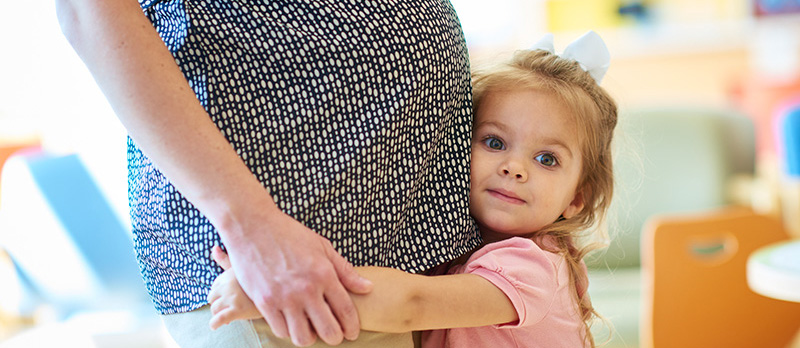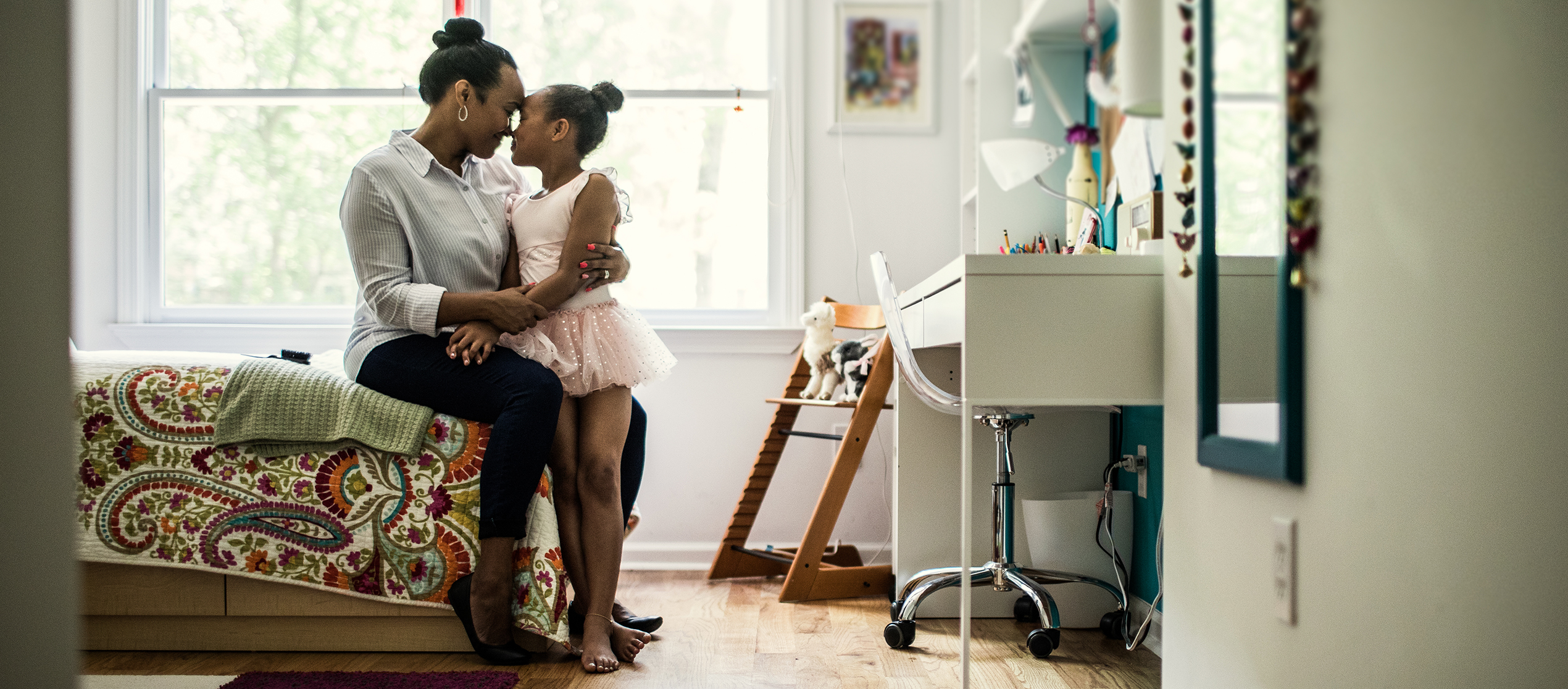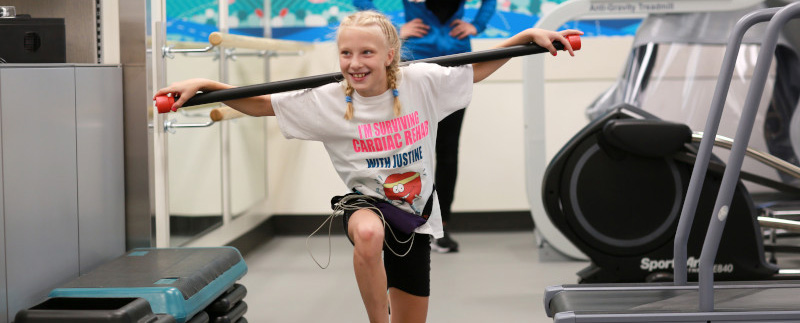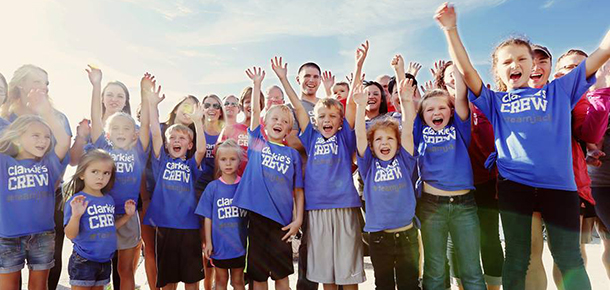Hearing the news that your baby has a congenital heart defect (CHD) can bring a wave of emotions, ranging from sadness to anger to guilt. Understandably, you’ve gone from having a “healthy” baby to an “unhealthy” one in a moment’s time. Parents either receive this news before birth or after their child is born. This can lead to a very stressful wait to meet with a a specialist and learn what it all means.
As a pediatric cardiologist, I am part teacher about the heart lesion and part counselor to try to help put parents’ minds at ease and instill a sense of hope. I also try to answer as many questions that parents may have.
Common Questions Parents Ask
One of the more common ones they ask is if they did something to cause the defect. Overwhelmingly, the answer is no. We unfortunately don’t know what causes CHD in many cases. While it appears heredity and genetics often play a role, there is much more for us to learn.
Another common question they ask is if their child will live a long and happy life. The answer is different for every single patient and family. However, I try to offer solace in the knowledge that the surgical and medical care of patients with CHD has advanced greatly over the last 50 years.
Further, there have also been medical advances resulting in these patients living longer, fuller and more active lifestyles. As these babies grow, they can attend and thrive in school and live an active lifestyle. They often participate in the same activities as their peers. Many of these babies with CHD grow up to be successful adults, going into careers in medicine, business and even sports (Olympian Shaun White has tetralogy of Fallot).
So if your child has just been diagnosed with CHD, you might be wondering about next steps you can take. Here are some helpful resources to get started:
Resources for Families
Ways to Learn More About Congenital Heart Disease
- Speak with your pediatric cardiologist. Learning more about your child’s lesion is an important first step. You can do this through your pediatric cardiologist as well as the following resources. If you need help choosing a pediatric cardiologist, read this previous blog post.
- HeartPedia App. Cardiologists at Cincinnati Children’s developed a free app which features interactive, anatomically-accurate 3D images of many of the congenital heart defects and their surgical repairs. This can help you and your family visualize your child’s specific CHD and explain it to others.
- Heart Encyclopedia. This is a one-stop shop for everything related to cardiac issues in children, including all of the defects, diseases, signs and symptoms, diagnostic methods, treatment options, and a glossary of terms.
- American Heart Association. They have a robust section on congenital heart disease.
- Centers for Disease Control. Includes lots of helpful links such as research, scientific articles and data and statistics.
How To Connect with Other Families
In addition to conversations with your cardiologist and your own research, it can be immensely helpful to find other families who are going through a similar situation you are. These families have been through all of the same challenges and emotions before and can be very helpful in your journey with your child. Plus, it can be very uplifting to hear from other CHD families who have children that are much older now and are thriving in their teenage and adult years. Whether you’re connecting in-person or online, these CHD organizations can help you find other families in a similar situation:
- Pediatric Congenital Heart Association – Ohio
- Mended Little Hearts
- Hopeful Hearts
- Sisters by Heart (Hypoplastic Left Heart Syndrome)
- Children’s Heart Foundation
This can be a very stressful and anxiety provoking period of time, and there will no doubt be challenges along the way. My hope is that through this blog, the relationship with your pediatric cardiologist, and the relationships you make with other CHD families, you will see that there is much to be hopeful for — the majority of children with CHD go on to live long and healthy lives!






My 6 day old grandson Luke Grayson Lovejoy was diagnosed with Transposition of the Great Arteries when his mommy was like 6 1/2 months pregnant. He is currently at Cincinnati Children’s awaiting his heart surgery on Tuesday. We are all very scared for him and wish so much he didn’t have to go through all this….but this article has gave us hope. Thank You